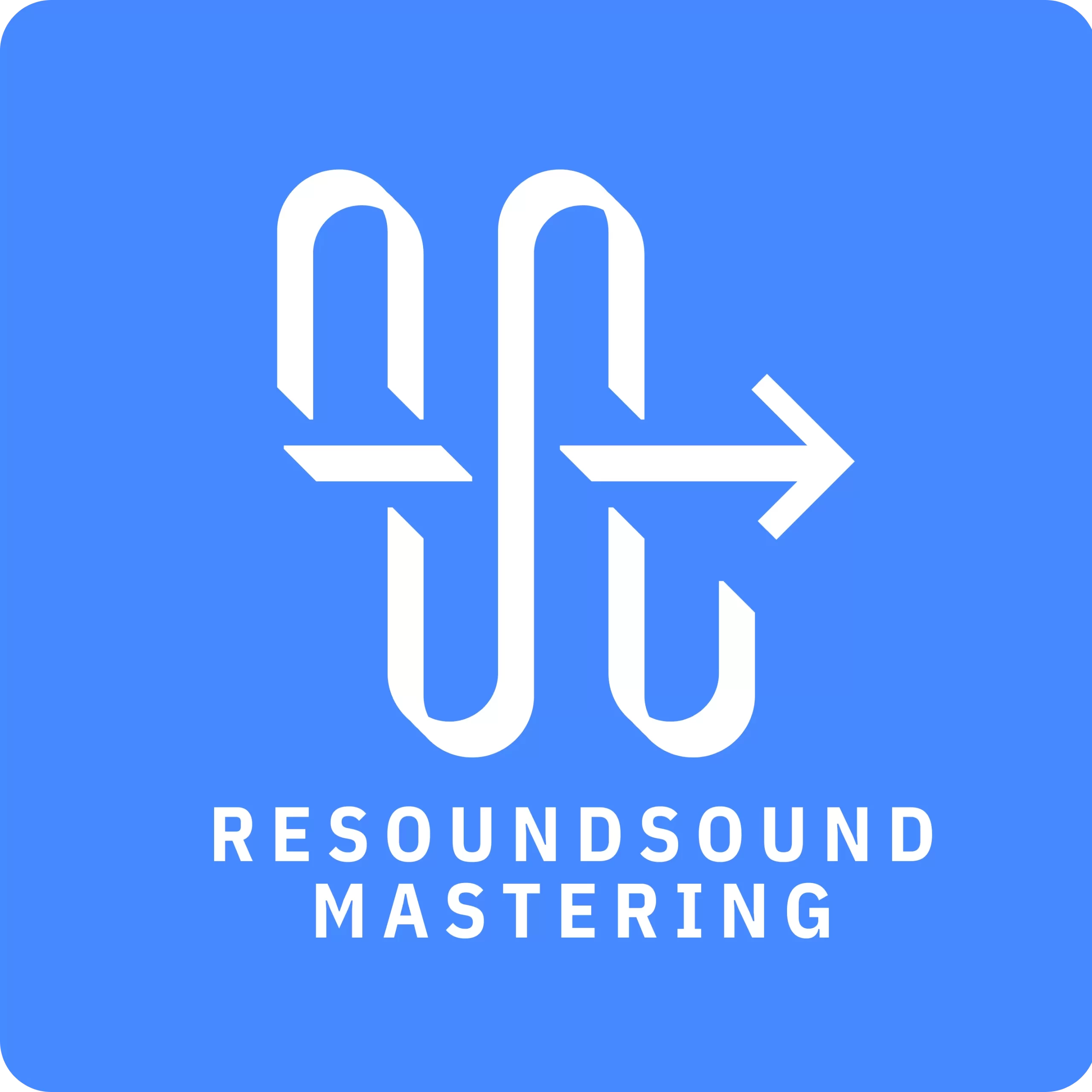This is a guest post by Kim Lajoie. I recently came across his blog and felt very much connected to his way of thinking. So I invited him to write a little something for me and here we go! I’ll let Kim take it from here. Why should breaking workflow become a part of your workflow?
You probably get stuck sometimes.
I know the feeling. I’ll be looking at a half-finished song and my brain is fixated on the next step. But the solution isn’t coming to me.
As you probably know, I tend to be pretty organised in my workflow. Step 1 is followed by Step 2, which is then followed by Step 3. Kick and snare and hats. Then background percussion. Then bass. Then chords or arps. Then melody. Then repeat for B-section. Then arrangement. Then automation. And on and on it goes.
‘Organised’, however, can sometimes look like ‘rigid’. And when it’s time to write a melody but no melody is coming to me, ‘rigid’ tends to look more like ‘uncooperative’. Sometimes the solution is to take a break and let it stew in my subconscious for a day or two. Sometimes the solution is to take inspiration from something outside the genre I’m working in. Sometimes the solution is to start with something exceedingly simple and build on it.
But sometimes the solution is to break workflow.
Maybe I can’t solve the bassline because it can’t be solved yet – it needs the chords and the melody before it will emerge. Maybe I can’t solve the background percussion because it’s can’t be solved yet – the drums are already too full or complex.
Sometimes it makes sense to do things in a different order. Route around the problem.
More broadly, I worked on a collaboration a few years ago where the singer had recorded scratch vocals but was having difficulty scheduling time to record the final vocals. Rather than stall the project, I actually went ahead with the mix using the scratch vocals, knowing we could record the final vocals later and it wouldn’t be much work to fit them in.
If you’re getting stuck, it’s probably because you’re trying to solve the wrong problem. Rather than beating yourself up and/or slowing things down, sometimes it makes sense to move on. Tackle things slightly out of order.
The great thing about plans is that you can always change them.
Kim Lajoie is a Melbourne music producer specialising in composition, project management and digital audio technology.

